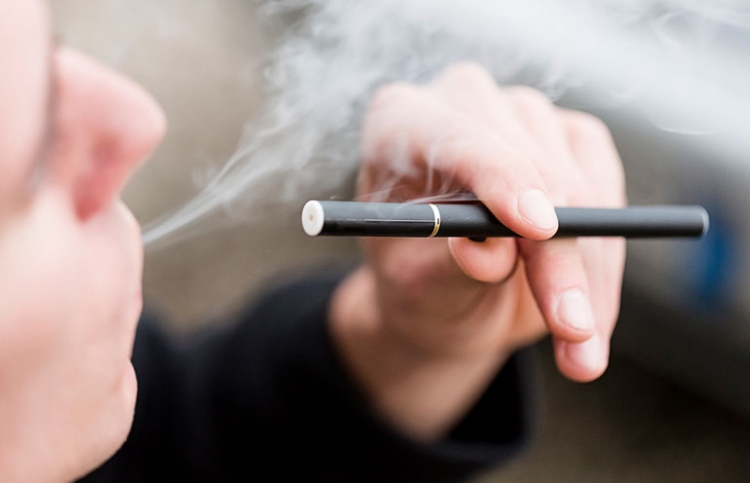
Health Authorities Urge Maldives to Ban Vapes
Relevant authorities in the Maldives have launched a campaign urging the government to ban the import of vapes. This initiative comes in response to alarming increases in e-cigarette use among young people, with health sector organizations advocating for stricter regulations on tobacco products and harmful vaping substances.
The Doctors Association has voiced strong support for a ban on vaping, and the Nurses Association echoed this sentiment, highlighting the rising popularity of e-cigarettes among adolescents. Their statements raise concerns about a new generation of tobacco users exposed to serious health risks.
According to the Nurses Association, vaping liquids often contain nicotine, flavorings, and other harmful chemicals. The Global Youth Tobacco Survey 2019 revealed that approximately 17.1 percent of children aged 13 to 15 reported using e-cigarettes, a statistic that underscores the urgency of the situation.
The association pointed out that e-cigarette devices lack safety certifications from any country, and various health problems have been linked to their use. They called for immediate action to protect the youth, urging the President and the government to implement a ban on e-cigarettes.
In addition, the Ministry of Education is taking steps to educate schools about the dangers associated with vaping, aiming to inform both students and parents about the risks involved.
The NCD Alliance, dedicated to preventing non-communicable diseases, has previously requested a ban on the import of vapes and tobacco products due to their harmful effects on public health. Despite repeated calls from the Doctors Association, no decisive action has been taken thus far.
Research shows that tobacco contains over 70 toxic substances linked to cancer, and secondhand smoke exposure can lead to severe health issues, including asthma and lung infections. The Medical Association has highlighted that 85 percent of lung cancer cases are connected to direct tobacco smoke, contributing to around eight million deaths annually, with 1.3 million linked to secondhand smoke.
As the call for action grows louder, health organizations are urging swift government intervention to protect the future of the nation’s youth.